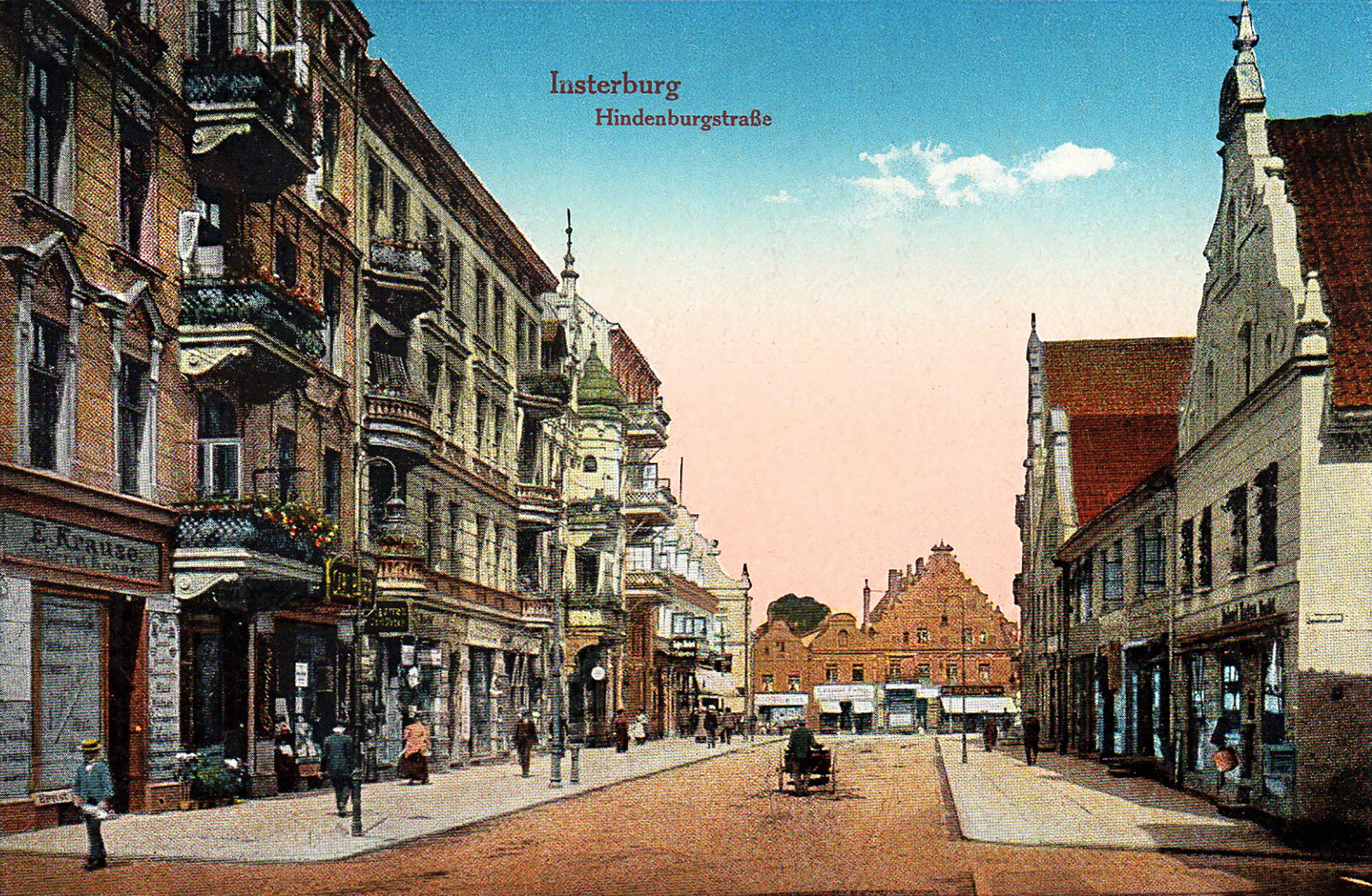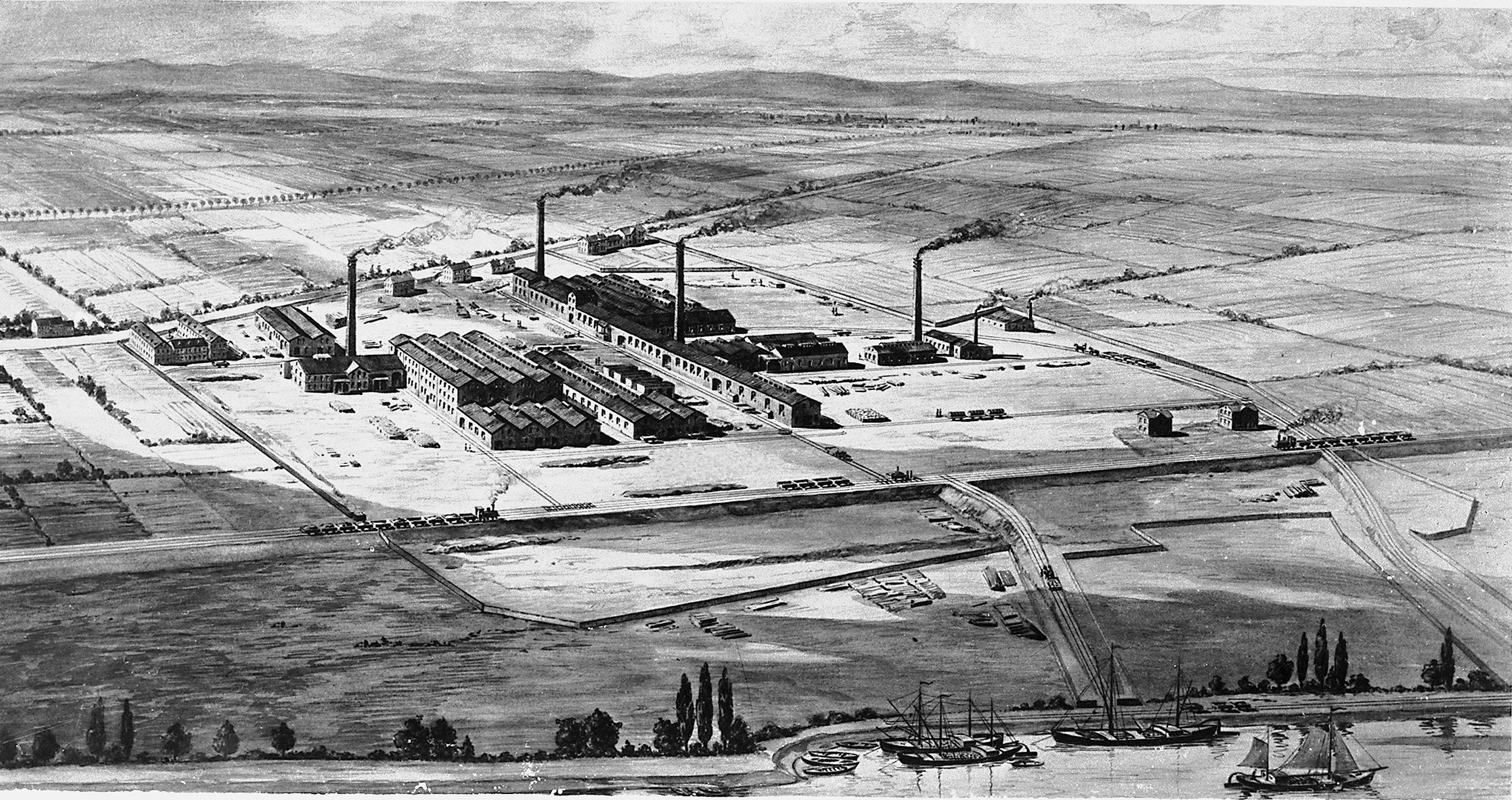|
Hans-Jürgen Quadbeck-Seeger
Hans-Jürgen Quadbeck-Seeger (born 29 May 1939 in Insterburg, East Prussia) is a German chemist, inventor, and author. He was Research Director at BASF (from 1990 to 1997), and President of the German Chemical Society. Career Hans-Jürgen Quadbeck-Seeger studied chemistry, physics and anthropology in Munich. In 1967 he received a PhD for his thesis in the field of organic chemistry. In the same year he started working at BASF in the synthesis of precursors for dyes department. In 1969 he became head of the research group in the dye and pharmaceutical sector. In addition to his research activities, he coordinated the company's connection to scientific institutions. Later, Quadbeck-Seeger became the director of the Central Division Main Laboratory. In 1985, the University of Heidelberg appointed him honorary professor of industrial chemistry. From 1989 to 1997, he served as Research Director at BASF. Between 1991 and 1994 he was a member of the Senate, and between 1994 and 1995 he ser ... [...More Info...] [...Related Items...] OR: [Wikipedia] [Google] [Baidu] |
Insterburg
Chernyakhovsk (russian: Черняхо́вск) – known prior to 1946 by its German name of (Old Prussian: Instrāpils, lt, Įsrutis; pl, Wystruć) – is a town in the Kaliningrad Oblast of Russia, where it is the administrative center of Chernyakhovsky District. Located at the confluence of the Instruch and Angrapa rivers, which unite to become the Pregolya river below Chernyakhovsk, the town had a population in 2017 of 36,423. History Chernyakhovsk was founded in 1336 by the Teutonic Knights on the site of a former Old Prussian fortification when Dietrich von Altenburg, the Grand Master of the Teutonic Knights, built a castle called ''Insterburg'' following the Prussian Crusade. During the Teutonic Knights' Northern Crusades campaign against the Grand Duchy of Lithuania, the town was devastated in 1376. The castle had been rebuilt as the seat of a Procurator and a settlement also named ''Insterburg'' grew up to serve it. In 1454, Polish King Casimir IV Jagiellon incorpor ... [...More Info...] [...Related Items...] OR: [Wikipedia] [Google] [Baidu] |
BASF
BASF Societas Europaea, SE () is a German multinational corporation, multinational chemical company and the List of largest chemical producers, largest chemical producer in the world. Its headquarters is located in Ludwigshafen, Germany. The BASF Group comprises subsidiary, subsidiaries and joint ventures in more than 80 countries and operates six integrated production sites and 390 other production sites in Europe, Asia, Australia, the Americas and Africa. BASF has customers in over 190 countries and supplies products to a wide variety of industries. Despite its size and global presence, BASF has received relatively little public attention since it abandoned the manufacture and sale of BASF-branded consumer electronics products in the 1990s. At the end of 2019, the company employed 117,628 people, with over 54,000 in Germany. , BASF posted sales of €59.3 billion and income from operations before special items of about €4.5 billion. Between 1990 and 2005, the co ... [...More Info...] [...Related Items...] OR: [Wikipedia] [Google] [Baidu] |
German Chemical Society
The German Chemical Society (German: ', GDCh) is a learned society and professional association founded in 1949 to represent the interests of German chemists in local, national and international contexts. GDCh "brings together people working in chemistry and the molecular sciences and supports their striving for positive, sustainable scientific advance – for the good of humankind and the environment, and a future worth living for."Gesellschaft Deutscher Chemiker (GDCh)About us, Mission Statement and History/ref> History The earliest precursor of today's GDCh was the German Chemical Society (', DChG). Adolf von Baeyer was prominent among the German chemists who established DChG in 1867; and August Wilhelm von Hofmann was the first president. This society was modeled after the British Chemical Society, which was the precursor of the Royal Society of Chemistry. Like its British counterpart, DChG sought to foster the communication of new ideas and facts throughout Germany and acros ... [...More Info...] [...Related Items...] OR: [Wikipedia] [Google] [Baidu] |
Munich
Munich ( ; german: München ; bar, Minga ) is the capital and most populous city of the States of Germany, German state of Bavaria. With a population of 1,558,395 inhabitants as of 31 July 2020, it is the List of cities in Germany by population, third-largest city in Germany, after Berlin and Hamburg, and thus the largest which does not constitute its own state, as well as the List of cities in the European Union by population within city limits, 11th-largest city in the European Union. The Munich Metropolitan Region, city's metropolitan region is home to 6 million people. Straddling the banks of the River Isar (a tributary of the Danube) north of the Northern Limestone Alps, Bavarian Alps, Munich is the seat of the Bavarian Regierungsbezirk, administrative region of Upper Bavaria, while being the population density, most densely populated municipality in Germany (4,500 people per km2). Munich is the second-largest city in the Bavarian dialects, Bavarian dialect area, ... [...More Info...] [...Related Items...] OR: [Wikipedia] [Google] [Baidu] |
Deutsches Patent- Und Markenamt
The German Patent and Trade Mark Office (german: Deutsches Patent- und Markenamt; abbreviation: DPMA) is the German national patent office, with headquarters in Munich, and offices in Berlin and Jena. In 2006 it employed 2556 people, of which about 700 were patent examiners. Function and status The DPMA is the central authority in the field of intellectual property protection in Germany. Its responsibilities include the granting of patents for the registration of industrial designs, trademarks and designs, as well as for informing the public about existing industrial property rights. Recognised partner of the DPMA is the '' Patentinformationszentrum'' (Patent Information Centre), united in the ''Deutscher Patentinformationszentren e.V'' (German Patent Information Centres Association). The legal basis of the German Patent and Trademark Office is § 26 of the ''Patentgesetz'' (German Patents Act). History The first unified ''Patentgesetz'' (German Patent Act) was adopted on 2 ... [...More Info...] [...Related Items...] OR: [Wikipedia] [Google] [Baidu] |
Officers Crosses Of The Order Of Merit Of The Federal Republic Of Germany
An officer is a person who has a position of authority in a hierarchical organization. The term derives from Old French ''oficier'' "officer, official" (early 14c., Modern French ''officier''), from Medieval Latin ''officiarius'' "an officer," from Latin ''officium'' "a service, a duty" the late Latin from ''officiarius'', meaning "official." Examples Ceremonial and other contexts *Officer, and/or Grand Officer, are both a grade, class, or rank of within certain chivalric orders and orders of merit, e.g. Legion of Honour (France), Order of the Holy Sepulchre (Holy See), Order of the British Empire ( UK), Order of Leopold (Belgium) *Great Officer of State *Merchant marine officer or licensed mariner *Officer of arms * Officer in The Salvation Army, and other state decorations Corporations * Bank officer *Corporate officer, a corporate title **Chief executive officer (CEO) **Chief financial officer (CFO) **Chief operating officer (COO) *Executive officer Education *Chief academic ... [...More Info...] [...Related Items...] OR: [Wikipedia] [Google] [Baidu] |
People From Chernyakhovsk
A person ( : people) is a being that has certain capacities or attributes such as reason, morality, consciousness or self-consciousness, and being a part of a culturally established form of social relations such as kinship, ownership of property, or legal responsibility. The defining features of personhood and, consequently, what makes a person count as a person, differ widely among cultures and contexts. In addition to the question of personhood, of what makes a being count as a person to begin with, there are further questions about personal identity and self: both about what makes any particular person that particular person instead of another, and about what makes a person at one time the same person as they were or will be at another time despite any intervening changes. The plural form "people" is often used to refer to an entire nation or ethnic group (as in "a people"), and this was the original meaning of the word; it subsequently acquired its use as a plural form of per ... [...More Info...] [...Related Items...] OR: [Wikipedia] [Google] [Baidu] |
21st-century German Chemists
The 1st century was the century spanning AD 1 ( I) through AD 100 ( C) according to the Julian calendar. It is often written as the or to distinguish it from the 1st century BC (or BCE) which preceded it. The 1st century is considered part of the Classical era, epoch, or historical period. The 1st century also saw the appearance of Christianity. During this period, Europe, North Africa and the Near East fell under increasing domination by the Roman Empire, which continued expanding, most notably conquering Britain under the emperor Claudius (AD 43). The reforms introduced by Augustus during his long reign stabilized the empire after the turmoil of the previous century's civil wars. Later in the century the Julio-Claudian dynasty, which had been founded by Augustus, came to an end with the suicide of Nero in AD 68. There followed the famous Year of Four Emperors, a brief period of civil war and instability, which was finally brought to an end by Vespasian, ninth Roman emperor, a ... [...More Info...] [...Related Items...] OR: [Wikipedia] [Google] [Baidu] |


_1938.jpg)
